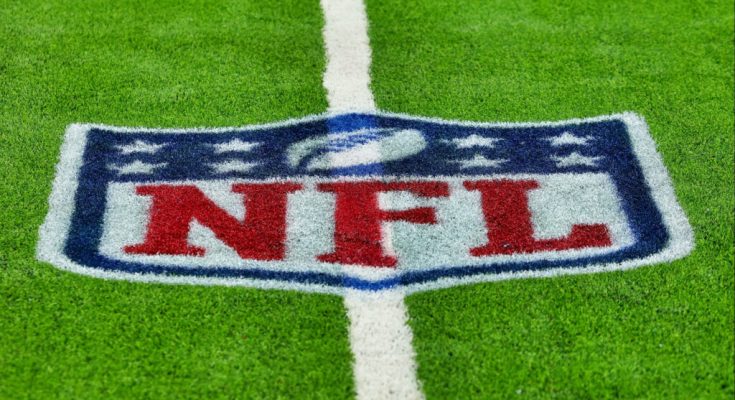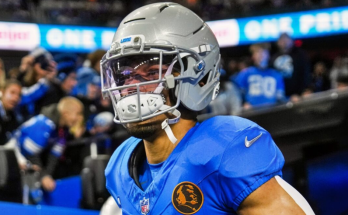How Do NFL Suspensions Work? A Closer Look At The Personal Conduct Policy And Suspension Rules

NFL suspensions play a major role in keeping the league’s integrity intact, both on and off the field. Every season, players face suspensions for all sorts of reasons—whether it’s bad behavior during games or legal issues outside football.
These suspensions are crucial for keeping the sport fair, professional, and up to the league’s high standards. But what exactly prompts the league to suspend a player, and how do these rules impact both the players and their teams?
What Gets A Player Suspended?
The league can suspend NFL players for various offenses that hurt its reputation. On the field, coaches bench players for illegal hits, fights, or unsportsmanlike conduct. For example, the league suspended Azeez Al-Shaair from the Houston Texans for a dirty hit to Trevor Lawrence’s head. The NFL also looks at a player’s past behavior—if someone has a history of penalties, they might face a longer suspension.
Off the field, things like drug use, alcohol issues, or even gambling can lead to suspensions. The NFL has pretty strict rules around drug use, and players caught up in the Drug Intervention Program can face penalties for refusing to cooperate with testing or treatment. Suspensions for drug-related offenses can range from a four-game ban for a first-time offender to way longer for repeat violations. Gambling is a big no-no, too, as we saw when the league suspended Calvin Ridley for betting on NFL games, showing just how serious the league is about this issue.
The NFL’s Personal Conduct Policy

The NFL’s Personal Conduct Policy is crucial to understanding how suspensions work. It lays out what behavior is expected from everyone in the league—players, coaches, staff, you name it. The message is clear: being part of the NFL is a privilege, and everyone needs to act in ways that reflect well on the league. The policy says that anything illegal, violent, or irresponsible can lead to discipline, even if no criminal charges are filed.
The NFL also makes it clear that players need to avoid doing anything that could hurt the league’s image, even if they don’t break any laws. This is why the league suspended players like Von Miller even though they weren’t facing criminal charges—the league holds its members to a higher standard. The NFL makes sure players understand these rules with ongoing education so they know the consequences of their actions.
How Suspensions Affect Players And Teams
When the league suspends a player, it places them on the reserve/suspended list, removing them from the active roster. This gives the team the option to sign or promote someone else in their place. However, suspended players can still attend practices during the second half of their suspension, though they can’t play in games or watch from the sidelines.
Players also have the right to appeal their suspensions. Once they’re notified, they have five business days to challenge the decision. An independent arbitrator then listens to both sides and makes a final call. If the suspension stands, the player has to serve it, but at least they get a chance to have their side heard.
Can A Player Be Banned From The NFL?

Yes, it’s possible, but it doesn’t happen often. Players typically face bans when they repeatedly break the league’s rules about gambling or substance abuse. Consider Josh Gordon, for example—multiple suspensions for drug-related issues led to his indefinite ban at one point. While some players, like him, eventually earn reinstatement, others, such as LaRon Landry, face permanent bans for repeatedly violating performance-enhancing drug policies.
In extreme cases, like in the 1946 NFL Championship Game fix attempt by Frank Filchock and Merle Hapes, players can face lifetime bans. But in most cases, players who get indefinite suspensions eventually make their way back after serving their time. The NFL allows players to return after showing they’ve learned from their mistakes, though there are cases where the ban is permanent.
At the end of the day, the NFL’s rules are simple: players need to act responsibly on and off the field. When they mess up, suspensions help keep things in check. Whether players commit a dirty hit, violate drug rules, or gamble, the NFL enforces a system to ensure everyone adheres to the same guidelines. Most suspensions are temporary, but serious violations can lead to harsh consequences—even a permanent ban. The league’s Personal Conduct Policy and suspension rules are there to protect its image and ensure players behave both on and off the field.


